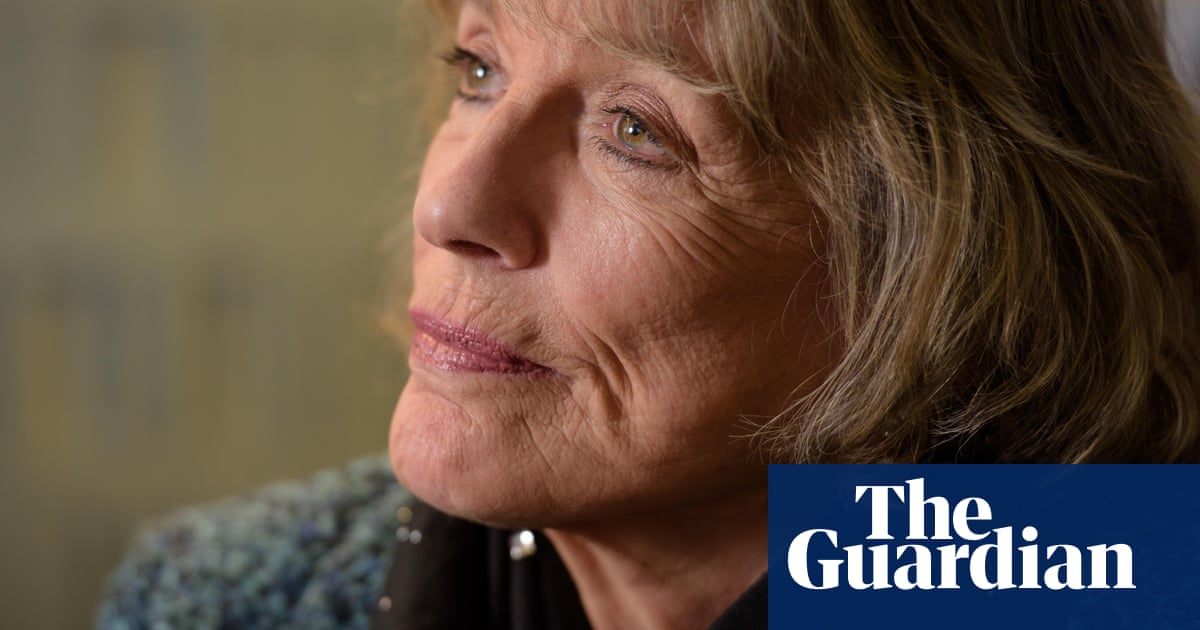MPs opposed to assisted dying have criticised “distasteful” claims from the prominent campaignerEsther Rantzen, who argued many are fighting against the changes to the law because of secret religious views.
Rantzen made the remarks in a letter urging MPs to back the “strong, safe, carefully considered bill” to legalise assisted dying in England and Wales.
A string of MPs opposed to assisted dying strongly objected to Rantzen’s claims that they had “undeclared personal religious beliefs which mean no precautions would satisfy them”.
During a five-hour debate on Friday, MPs voted to change the bill to provide an opt-out for healthcare workers from being involved in assisted dying – extending the exemption from just doctors.
Its sponsor, Kim Leadbeater, also agreed in principle to an amendment to stop those who are voluntarily refusing food and drink being eligible for assisted dying in a move to protect those suffering from eating disorders.
A vote in November saw a majority of 55 MPs support the bill, and since then, the issue has divided MPs who are thought to be narrowly in favour, with strong feelings on both sides.
Jess Asato, a Labour MP, was one of those who took issue with Rantzen’s claims, calling on the bill’s sponsor to condemn the remark for being “distasteful and disrespectful”.
Florence Eshalomi, another Labour MP, also raised the issue, saying it was “frankly insulting to disabled people, hardworking professionals up and down the country who have raised many valid concerns about this bill, to have it dismissed as religious beliefs”.
They were backed by Kieran Mullan, the shadow justice minister, who said: “Some high-profile campaigners have made unhelpful remarks. Although I am not religious, I was concerned to see the clumsy criticism of those whose objections to the bill are thought to be centred in their religious beliefs.”
Rantzen, alongtime supporter of assisted dying, was diagnosed with stage four lung cancer in 2023. She was thought to have just weeks to live, but last year started using a “wonder drug” that helped her survive against the odds.
Her daughter revealed in March thatthe former Childline founder’s drugs were no longer working. It meant she was no longer well enough to travel to Dignitas in Switzerland.
Leadbeater, the Labour MP proposing the legislation, said she had not seen Rantzen’s recent remarks, and argued the changes would make the bill more workable and strengthen its protections. She said assisted dying must be legalised to avoid terminally ill people acting out of desperation or making traumatic trips to Switzerland.
Its supporters say the bill has returned with strengthened safeguards after being amended in committee earlier this year.
But opponents have complained the bill does not have enough protections and has been rushed through, with the criticism coming days aftertwo royal medical colleges voiced their doubts on the legislationin its current form.
Some MPs are also unhappy about what they see as the chaotic way the legislation has been debated. Many MPs who tabled amendments did not get the chance to speak, and in the end only two amendments were put to the vote.
The first amendment exempting healthcare workers passed, and a second amendment put forward by the Tory MP Rebecca Paul was rejected. This would have prevented employees from providing assisted dying while working for an employer that has chosen not to take part in the process.
The eating disorder amendment was not chosen for a vote, but Leadbeater said she accepted it in principle and it would be supported at a later stage.
Naz Shah, a Labour MP and opponent of the bill, had proposed the amendment, and was unhappy at the process, saying: “Unbelievably I wasn’t told by the sponsor that my amendment would be accepted until we were sitting in parliament. There was ample opportunity for me to be told and I had no knowledge of any proposed changes in advance. This bill is profoundly important and this chaos does a disservice to parliament and to our constituents. We shouldn’t be playing games with people’s lives like this.”
Another MP said the votes on Friday were “just skirmishes” and the showdown that makes clear whether any support has ebbed away from the bill is still weeks away. But they said many MPs were exasperated at the process that meant they felt issues were not getting sufficient time for debate.
Mike Reader, a Labour MP, said: No matter your views on the terminally ill adults (end of life) bill, also known as assisted suicide or assisted dying, people must agree that the time that’s been allocated to debate the proposed amendments to the bill is not adequate. I’m disappointed that there appears to be a campaign to rush this through, backed by some significant and well-funded lobby groups.”
The debate was marked by protests on both sides, with more than 100 people gathered outside parliament with placards.
Addressing a group in parliament, including Dame Esther’s daughter Rebecca Wilcox, Leadbeater became emotional, saying she gets upset “when we get obsessed with parliamentary procedure, when this is actually about human beings, and that’s what I find upsetting, because I think it’s not about a green book, or it’s not about a piece of paper”.
